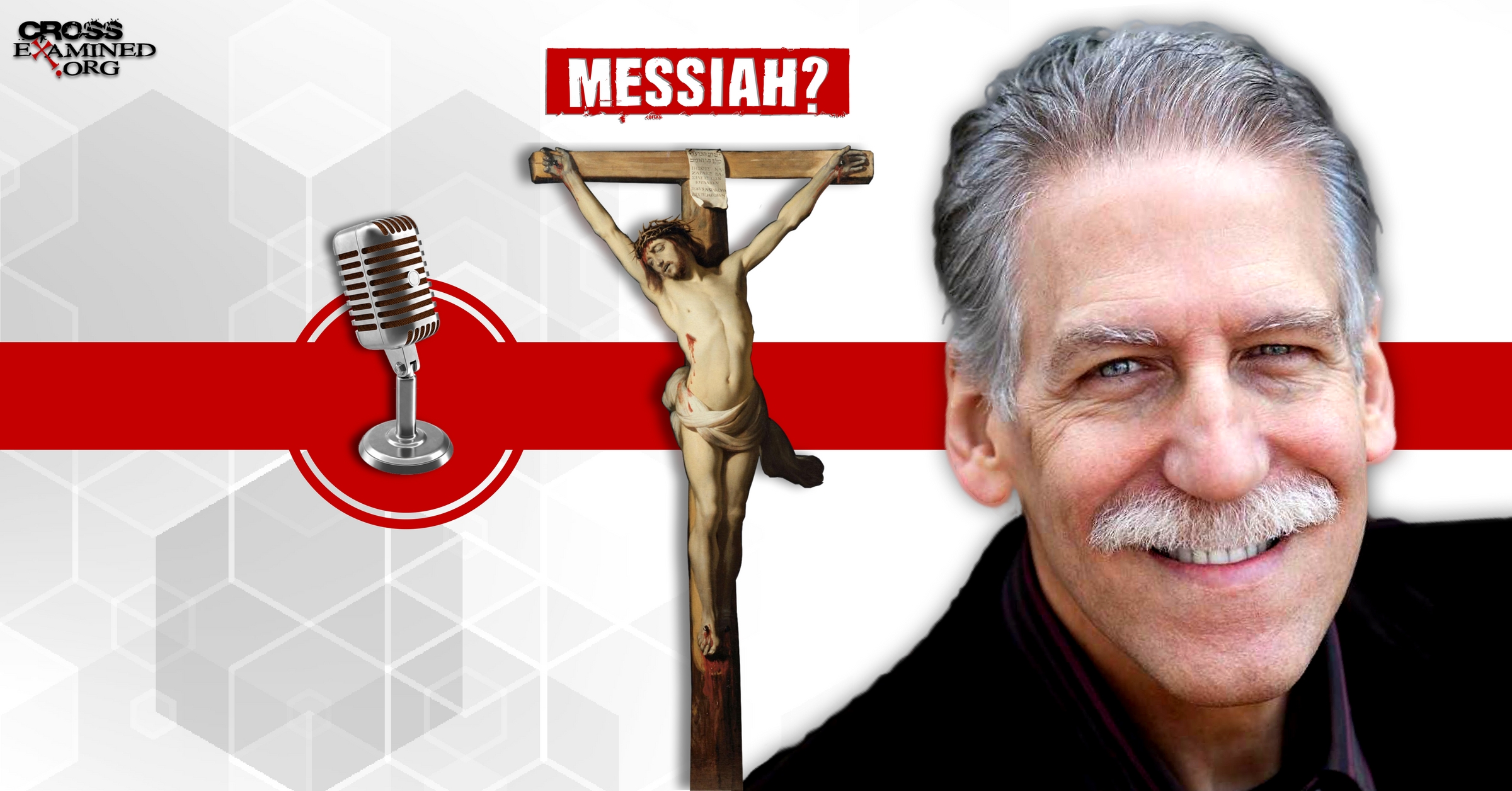Is It Possible To Break Through Apathy?
By Al Serrato
The biggest obstacle to most apologetics efforts is apathy. While there are indeed some ardent atheists, usually the ones who take the time to write a response to posts like these, by and large the response of the average skeptic is to figuratively throw up their hands. They usually don’t take the time to research and consider a specific truth claim that is being made, or to counter some argument with evidence to show that an argument is false or mistaken. Nor do they try to convince you that their worldview is in fact true. Instead, most skeptics I’ve dealt with have developed a comfort level regarding the “unknowability” of ultimate things. They often argue that the fact that people disagree about such things – that a range of people have differing views on the subject- is itself evidence that no one can ever know whether there is a God, what He is about, or most importantly, what He may want of us. And so, they often don’t bother to try to investigate these things for themselves.
But if the Christian worldview is correct, such apathy is itself hazardous to one’s spiritual health. Recently, I tried to make this case in a conversation with a skeptic. It went something like this:
“Let’s say this was 70 years ago, and when I saw you, you were chain smoking cigarettes with your children always nearby. I know where medical science is headed, so I tell you that you are hurting yourself, and your kids. You respond that no one can really know such things; after all, you can point to doctors who advertise cigarettes and smoke them themselves, and you feel fine when you smoke. I point to other doctors who think that it’s really bad for you. You respond, ‘See, it’s a tie, so stop bothering me. Each person believes what they were raised to believe, or what they want to believe.”
“Do you see,” I asked, “that the conflict between the doctors should not lead you to conclude that neither is right, or that the answer is not knowable? As a friend, should I keep trying to bring you back to the truth about cigarettes, or should I let you persist in believing something that is, in the end, hurting you and your loved ones?”
My friend’s response was not unexpected. It went like this:
“Have you ever noticed how so many things are bad or wrong only at certain points in a cycle? Eat eggs, don’t eat eggs; give your kids soy, soy is bad; babies should sleep on their backs, no their stomachs, no their sides, no their backs etc., etc. When my daughter was born I would put her on her back to sleep and when I left the room my mother would put her on her side and when my mother left the room my grandmother would put her on her stomach. Over time the answer comes full circle. Why go around and around with it? What I am saying is not just throw up your hands and quit; what I am saying is that I do what feels right to me and that is the best I can do. Sometimes I listen to friends (and doctors) and sometimes I don’t. I think the ‘answer’ to many of these things is unknowable.”
Fair enough. Some things are unknowable, and for some things, it doesn’t really matter. But that of course is the point of being thoughtful: deciding which is which. So, I conceded that for some things, the right answer might be “it doesn’t matter.” For example, a child might be equally safe on her side or her back. Eggs or soy might be good for you or bad, depending on your health and how much you eat.
But for other things – like smoking – it will never “come back around.” Science will never say that smoking is good. It might say that it won’t necessarily kill you, but not that it will “balance your humours” like they said 200 years ago.”
“This analogy to smoking,” I continued, “is just one of many possible examples of the way consequences are built into the nature of reality. Take another example: if I embark upon a life of crime or drug addiction, I will eventually reap what I sow and the place I find myself might not be pleasant. We have the ability to foresee possible consequences through the use of our minds and imaginations. Is it really that much of a stretch to consider that this life will end at some point and to give some thought to what may await? Take my drugs example one step further – since you’re young and healthy, you might be able to abuse drugs for quite some time without being harmed. You might presently be indifferent to whether using drugs is a good or bad idea. But how smart a move would it be for you to say that you really don’t care what effect it will have on you in twenty years? Looking down the road to the consequence of our choices is something we all really need to do.”
“So,” I concluded, “the trick is, which is this? Are questions of eternal life like laying a child on her side, or are they more like smoking with my kids in the room or abusing drugs? I hope you see the answer matters. If you were smoking ten hours a day with your kids present, you would be harming them. Getting the right answer on that would matter. Getting the right answer on your relationship with God also matters, both to you and to the people you influence.”
I don’t think I persuaded her. As with smoking, not everyone bothers to read the warning label.
Recommended resources related to the topic:
What is God Like? Look to the Heavens by Dr. Frank Turek (DVD and Mp4)
Why Doesn’t God Intervene More? (DVD Set), (MP3 Set), and (mp4 Download Set) by Frank Turek
Two Miracles You Take With You Everywhere You Go by Frank Turek DVD, Mp3 and Mp4
_____________________________________________________________________________________________________________________________________________________
Al Serrato earned his law degree from the University of California at Berkeley in 1985. He began his career as an FBI special agent before becoming a prosecutor in California, where he worked for 33 years. An introduction to CS Lewis’ works sparked his interest in Apologetics, which he has pursued for the past three decades. He got his start writing Apologetics with J. Warner Wallace and Pleaseconvinceme.com.











